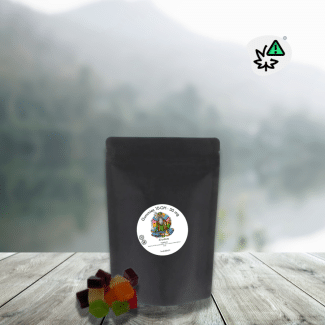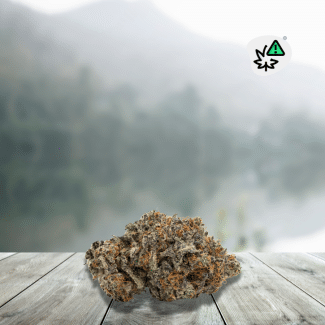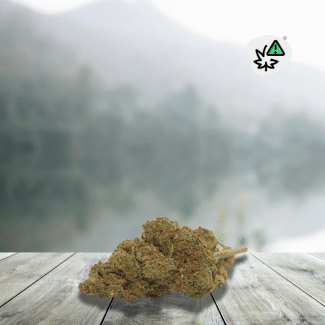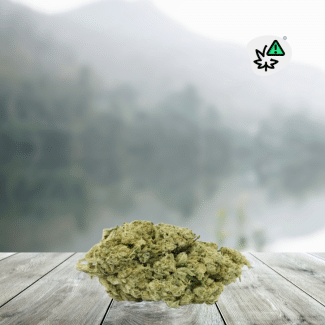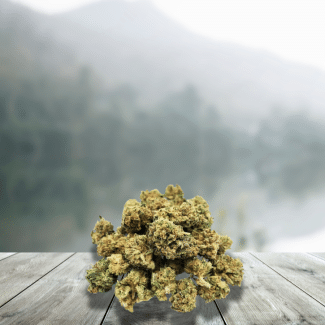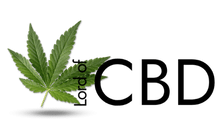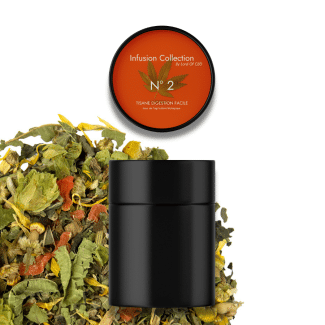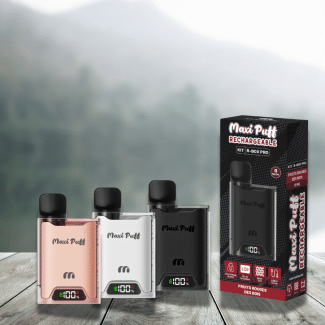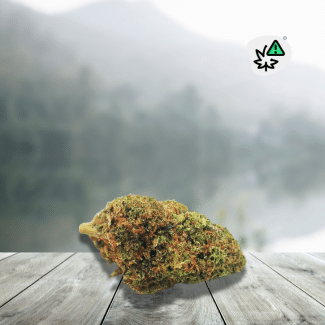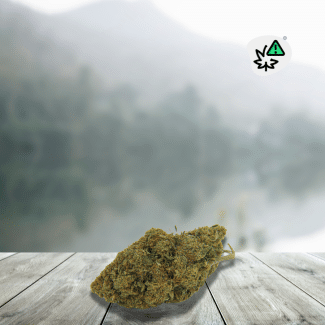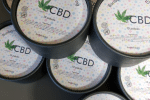
1. What is THC?
THC, or tetrahydrocannabinol , is one of several chemical compounds found in the cannabis . It is the main psychoactive component, meaning it is responsible for the “high” effects people feel when consuming cannabis. THC acts on the body's endocannabinoid system, affecting various bodily and mental functions.
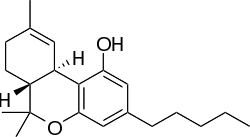
2. The history of THC
The history of THC dates back thousands of years. The earliest uses of cannabis date back to ancient times, where it was used for medical, spiritual, and recreational purposes. It was not until the 1960s that THC was isolated and identified by Israeli chemist Raphael Mechoulam. Since then, research into THC has advanced significantly, paving the way for a better understanding of its effects and applications.
3. How does THC work?
THC works by binding to cannabinoid receptors in the brain and body. These receptors are part of the endocannabinoid system, which plays a crucial role in regulating various bodily functions, such as pain, appetite, mood, and memory. By binding to these receptors, THC alters the release of neurotransmitters, resulting in the psychoactive and physiological effects that consumers experience.
4. The effects of THC on the body
The effects of THC on the body can vary depending on dose, method of consumption, and individual tolerance. Among the most common effects are:
- Euphoria: a feeling of well-being and happiness.
- Relaxation: reduction of stress and anxiety.
- Increased appetite: Often called “cravings.”
- Change in perception of time and space.
- Impairment of short-term memory.
However, adverse effects may also occur, such as paranoia, increased anxiety, and cognitive impairment.
5. Medical uses of THC
THC is used medicinally to treat a variety of conditions. Some of the most common medical uses include:
- Pain relief: particularly in cases of chronic or neuropathic pain.
- Appetite stimulation: for patients suffering from loss of appetite due to diseases such as HIV/AIDS or cancer.
- Reduction of nausea: often in patients undergoing chemotherapy.
- Improved sleep: for those suffering from sleep disorders.
6. THC and the legislation
Legislation regarding THC varies considerably from country to country and even from region to region within the same country. In some places, THC is completely illegal, while in others it is permitted for medical and/or recreational purposes. In France, for example, THC is strictly regulated, and only CBD with a THC content of less than 0.3% is legally permitted.
7. The different forms of THC
THC can be consumed in different forms, each with its own characteristics and effects. Among the most common forms, we find:
- Cannabis flowers : smoked or vaporized.
- Cannabis concentrates: such as hashish or cannabis oil.
- Edibles: like brownies, candies, and drinks.
- Tinctures : liquid cannabis extracts taken sublingually.
8. THC and responsible consumption
Responsible THC consumption is essential to minimize risks and maximize benefits. Here are some tips for responsible consumption:
- Start with low doses: especially for new users.
- Avoid driving or using machinery after consumption.
- Be aware of local laws regarding THC.
- Avoid regular consumption to prevent dependence.
9. Risks associated with THC
Although THC has many benefits, it also comes with potential risks. Among the most notable risks are:
- Dependence: Although rare, it can occur in some individuals.
- Mental health problems: such as anxiety and paranoia.
- Impact on memory and cognition: especially in young people and frequent users.
- Pulmonary risks: mainly linked to cannabis smoke.
10. Alternatives to THC
For those who wish to avoid the psychoactive effects of THC, there are several alternatives:
- CBD (cannabidiol): another non-psychoactive cannabinoid with many therapeutic benefits.
- CBN (cannabinol): often used for its sedative properties.
- THCV (tetrahydrocannabivarin): which may have stimulating effects and suppresses the appetite.
11. Myths and facts about THC
There are many myths surrounding THC. Here are some clarifications:
- Myth: THC is only recreational. Fact: It has many medical applications.
- Myth: THC is addictive in all users. Fact: Addiction is rare and depends on many factors.
- Myth: THC is completely safe. Reality: It carries risks, especially with improper use.
12. The future of THC
The future of THC seems promising with the evolution of legislation and scientific research. The advances could lead to new medical applications and a better understanding of its effects on the human body.
13. Frequently Asked Questions About THC
What is THC?
THC, or tetrahydrocannabinol, is the main psychoactive component of cannabis, responsible for the “high” effects.
What are the effects of THC?
The effects of THC include euphoria, relaxation, increased appetite, and changes in perception of time and space.
Is THC legal in France?
In France, THC is strictly regulated. Only CBD with a THC content of less than 0.3% is legally permitted.
What are the medical uses of THC?
THC is used to relieve pain, stimulate appetite, reduce nausea, and improve sleep.
What are the risks associated with consuming THC?
Risks include addiction, mental health issues, impacts on memory and cognition, and pulmonary risks.
